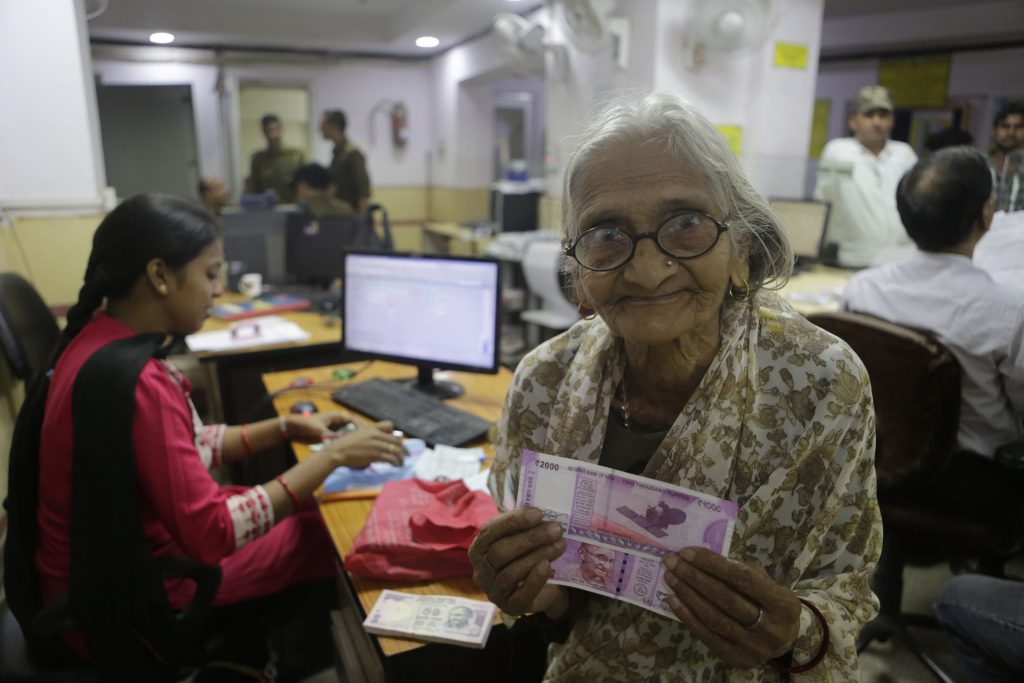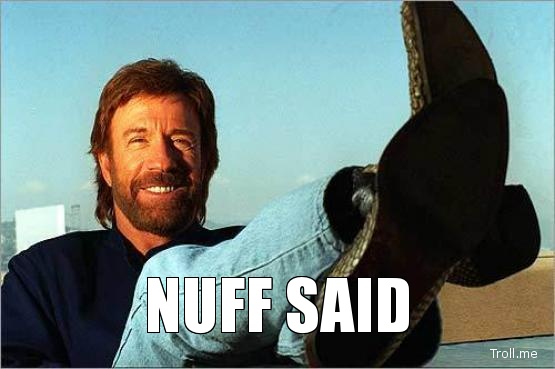‘Basic income’ is this idea that instead of giving out money to people after they find themselves in a situation where they need help, you just give everyone a bit of money from the off – like fixing a problem before you even have it.
In the last few months, people in India have been talking pretty seriously about trying it out. A few economists are going to formally present the idea to the prime minister, Narendra Modi, at the end of this month.
If he likes it, they’ll roll it out – starting with women on low or no income, but with a view to get all of India’s one billion people on the programme in future.
Why ‘India’ and ‘basic income’ might be a match made in heaven
People generally think of basic income as a solution to two things: poverty, and automation (i.e. robots taking our jobs.)
Here’s two facts about India:
- Three out of four of the world’s poor people live in India.
- One in four jobs in India are likely to be done by a robot by 2021.
It's now or never
India has been making some big changes to its economy since new president Narendra Modi came into power a few years ago.
Firstly, more and more people in India are getting smartphones (although 350 million people still don’t have any kind of phone at all). Given that not everyone will have access to a computer, smartphones are pretty key for linking people up to the banking system via things like apps.
Secondly, the government has been taking some big steps to clean up the financial system and get everyone a bank account – what’s called ‘financial inclusion’ in economics speak . A few months ago, the government issued new 500 and 1000 rupee banknotes, the two biggest notes in circulation in India. Why? Two reasons: a lot of people were using fake notes, so this move made all fake money totally worthless. Plus, people would now have to come to a bank with their real notes to exchange them for new ones, and while they’re at it, register for a bank account.
Thirdly, the government is finally starting to keep track of how many people there actually are in India. Millions of Indians still don’t have any form of government identification, making something like a universal basic income programme totally impossible. Now, they’re trying to get everyone those biometric ID photos (you know, the ones where you’re not allowed to smile and inevitably look angry/bored/constipated), so that everyone’s on the system and can be reached.
Surely a country with so much poverty can’t afford to just give lots of people free money.
People who don’t like basic income usually say it’s because it’d be way too expensive.
But India actually already spends pretty much the same amount that it would cost to roll out a universal basic income on other programmes to help the poor. So to be able to afford the programme, things like unemployment benefits, or government funds that help lower the cost of essentials like gas or kerosene would basically have to be scrapped, and instead everyone would just get this sum of money at the beginning of the month to spend on whatever they want.
Isn’t everyone just going to… stop working?
The other argument against basic income is that it’s going to make everyone lazy – why work when you’re getting free money?!
The thing is, you’re not getting that much free money. It’s not supposed to replace your salary – it just gives you the basis you need to go earn one.
One of the main things that stops people in poverty from getting into the workplace is the fact that they literally have nothing to start with – no funds to train themselves in the skills they need, buy materials or equipment, or put a roof over the head to come back to after work.
Three quarters of Indian women have no income of their own, and one in four Indian workers are on contracts without any benefits like sick pay or insurance. So this money isn’t instead of a salary – it’s what economists call a ‘safety net’. Studies are saying this money could drop India’s poverty rate could drop from 22 per cent (that’s more than one in five people) to 0.5 per cent.
Next step: Run it by the big boss
India’s chief economic adviser is going to give a presentation to the prime minister at the end of the month to try and convince him that basic income is a good idea. If it works, they’ll roll it out slowly, starting with women on low or no incomes, and see how it goes. It could be one of the biggest shifts of people’s livelihoods from poverty into independence that India has ever seen – or not. We’ll be watching.






